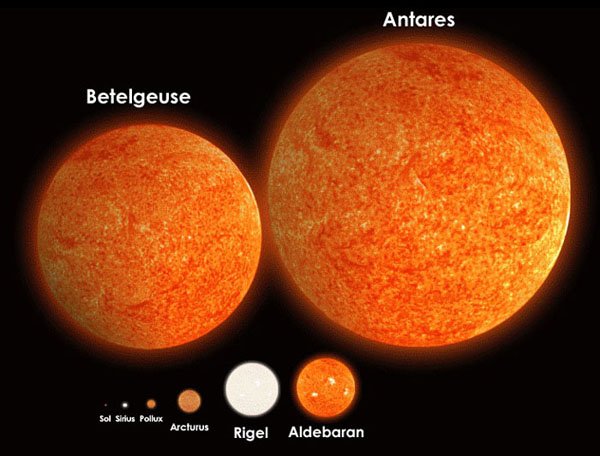I will try to put together some passages from the early centuries Christian saints Gregory of Nyssa and(IV century) and Saint John Damascene (VIII century, an Arab saint who lived in the first century of Islam). You can see the respect with which they speak about God and about his incomprehensibility, but also you can say that God does not remain a distant unknown God:
We, therefore, both know and confess that God is without beginning, without end, eternal and everlasting, uncreate, unchangeable, invariable, simple, uncompound, incorporeal, invisible, impalpable, uncircumscribed, infinite, incognisable, indefinable, incomprehensible, good, just, maker of all things created, almighty, all-ruling, all-surveying, of all overseer, sovereign, judge; and that God is One, that is to say, one essences (Saint John)
The Deity cannot be expressed in words. And this is proved to us, not only by argument, but by the wisest and most ancient of the Hebrews, so far as they have given us reason for conjecture. For they appropriated certain characters to the honour of the Deity, and would not even allow the name of anything inferior to God to be written with the same letters as that of God, because to their minds it was improper that the Deity should even to that extent admit any of His creatures to a share with Himself. How then could they have admitted that the invisible and separate Nature can be explained by divisible words? For neither has any one yet breathed the whole air, nor has any mind entirely comprehended, or speech exhaustively contained the Being of God. But we sketch Him by His Attributes, and so obtain a certain faint and feeble and partial idea concerning Him, and our best Theologian is he who has, not indeed discovered the whole, for our present chain does not allow of our seeing the whole, but conceived of Him to a greater extent than another, and gathered in himself more of the Likeness or adumbration of the Truth, or whatever we may call it. (Or 30.17)
The language of blending would later be condemned at Chalcedon, on the prompting of the Antiochenes, for seeming to compromise the transcendence of the Son’s divine nature. In Gregory’s usage, however, it helpfully conveys both the narrative movement of the incarnation and also the mysterious union between God and humanity in Jesus: first there was the eternal Son of God, and then he took on the full reality of a human being, mixing it with himself to make one incarnate Lord. In Gregory’s view, the real danger lies not in compromising the integrity of these two realities, as the Antiochenes would argue, but rather in the opposite direction: the blending should not be misunderstood as being anything less than a real union. If our humanity is not fully united to God in Christ, then he is in fact two different sons and we have not been divinized in the incarnation. (p. 131) (Saint Gregory)

 in paradise.
in paradise.



